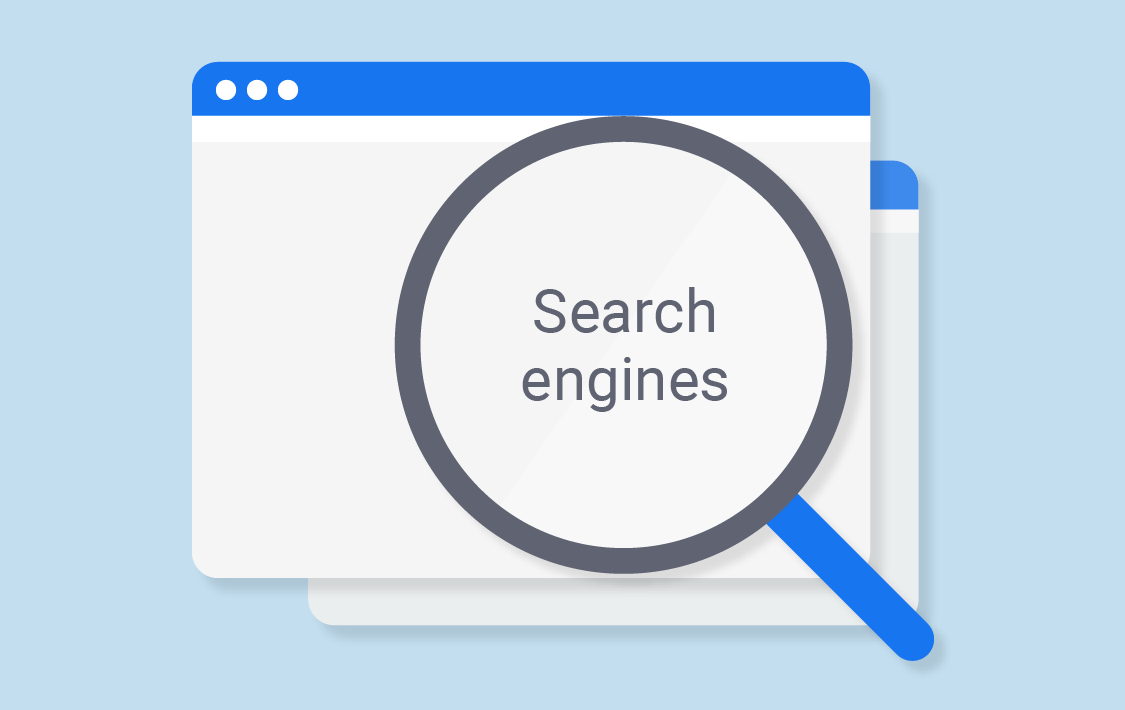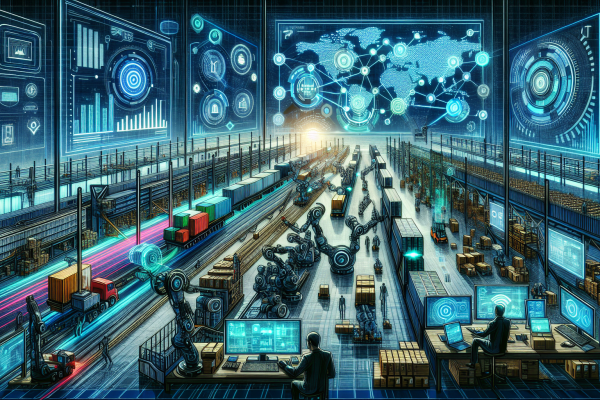Since Open AI launched ChatGPT, experts have speculated about the potential impact on web searches. Many suggested that generative AI will change the way we search the internet. Thanks to Microsoft’s release of their upgraded Bing, we can see what searches may look like in the future.
How companies should adjust needs to be clarified, so we turned to SupportYourApp, the outsource customer support specialist assisting up-and-coming tech companies. Read on to learn about internet 2.0 and how companies might need to adjust.
Table of Contents
What Does the New Bing Look Like?
So far, Microsoft is the only company to release a search engine application that incorporates generative AI. They’re understandably quiet about the tech details, but rumors are that the software runs on the unreleased GPT 4 engine from Open AI.
However, for most of us, functionality is more important. And, to be frank, it’s pretty impressive so far. Say, for example, that you want to understand how much it costs to outsource customer support.
With a standard web search, you enter your query and receive a list of websites you must look through. Plug the same question into Bing, and you will get the same result on the left side of the page.
However, it’s on the right side that the magic happens. In this section, Bing will list how to work out this calculation. Then, the software will aggregate results from several sites giving you a rundown of potential costs and factors to consider.
You can refine your results by asking Bing to list the individual expenses related to running an in-house team so that you can make a complete comparison.
Therefore, you’ll have a rundown of the basic costs to consider instead of spending hours scrolling through sites or phoning for quotes.
Does it Sound a Little Too Perfect?
As with anything online, it’s wise to be skeptical. While the results the software generates are impressive, they may be inaccurate. For example, a reporter for the New York Times found that the software failed to obtain the correct answer for a simple math problem.
However, considering how new this technology is, there are bound to be issues. Nevertheless, this is a helpful tool as long as users are aware of problems and fact-check the responses they receive.
How Will This Affect Companies?
Here’s where things become interesting. Imagine if people no longer had to click on a website to get the required answers. At present, that’s still a little way off. Generative AI is not mature enough to be wholly reliable.
But what happens when it is?
To answer this question, we’ll have to understand more about how AI validates the information. How does the software determine if a site is credible or not? It’s not unreasonable to assume that ranking factors that are important today will remain important in the future.
It’s also reasonable to assume that high-quality content will become even more critical. After all, AI can scan thousands of web pages, but which will it list as its primary reference? One assumes that the “winning” page will contain the most useful, credible information.
Therefore, it’s reasonable to assume that pillar pages will become even more critical as we advance. It also makes sense to ensure that your credentials across several must match and that building your company up as a subject matter expert will become increasingly important.
In Conclusion
In the future, generative AI will likely play a significant role in web searches. It’s a helpful tool that saves users much time. For companies competing in this new web world, focusing on providing quality information and establishing their expertise online will become critical. The move to generative AI is likely to place the focus on the best content.





